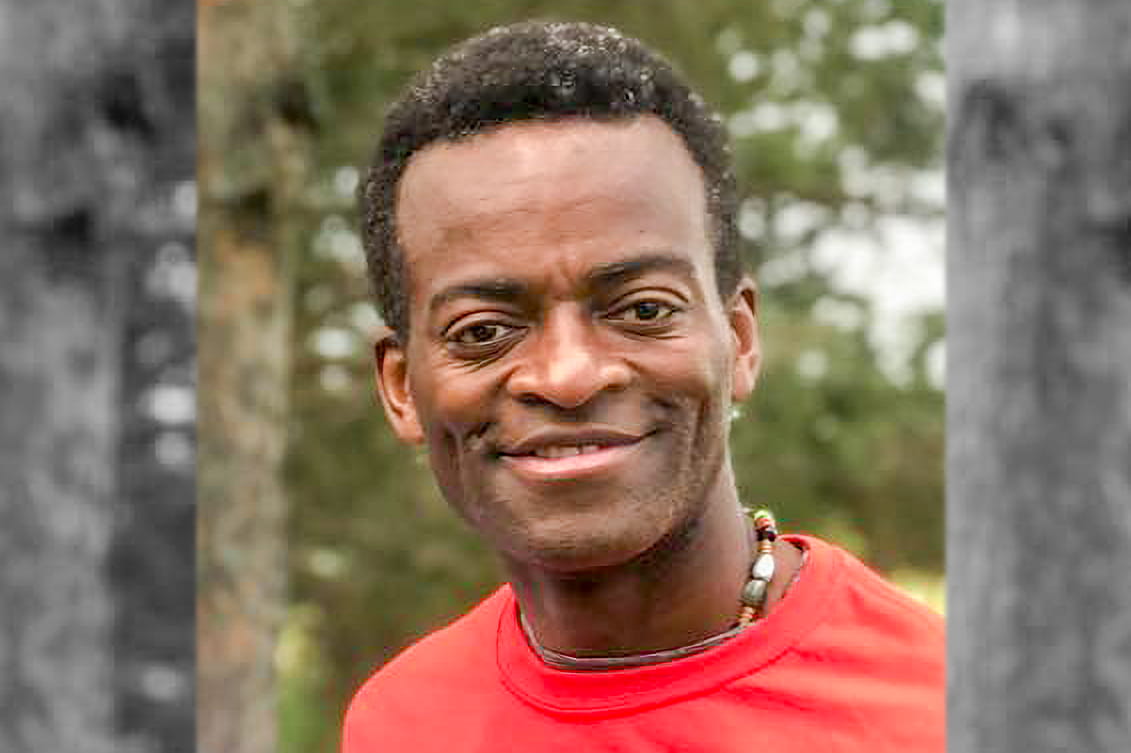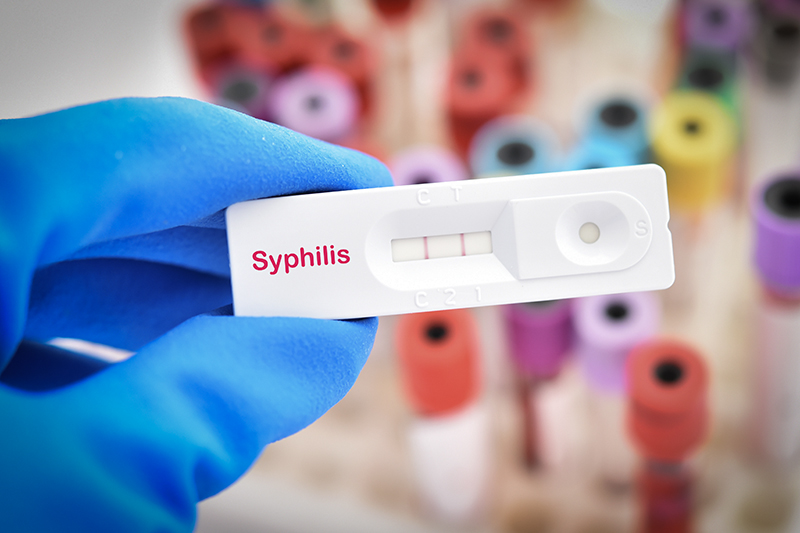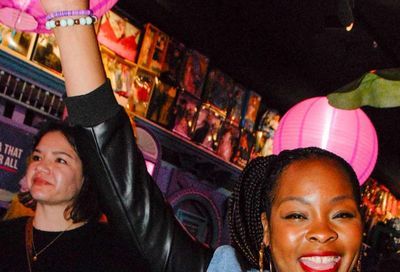Angola decriminalizes same-sex relationships, bans anti-gay discrimination
New penal code ends a colonial-era ban on gay sex that punished people with 14 years in prison

In a rare but welcome move, Angola has decriminalized same-sex relationships.
Angola’s penal code criminalizing homosexuality dates to the colonial era, when the African nation was a Portugese colony, and condemned same-sex sexual relationships as one of multiple “vices against nature.” As a result, gay people faced prison sentences of at least fourteen years.
After establishing a new penal code in 2019, the country’s president signed it into the law in November 2020, and it officially took effect on February 9.
In addition to decriminalizing same-sex relationships, the new code also prohibits discrimination based on sexual orientation, with a minimum prison term of two years for those who break the law.
LGBTQ activist Jean-Luc Romero-Michel called the new law “a great step forward” for the country.
Sheena Swemmer, a researcher and attorney who received her PhD from the University of Johannesburg, celebrated the move but criticized the country for taking so long to enact the legislation.
She told South Africa’s Sunday Times, “It was about time and it’s exhausting because you feel like it should have happened a long time ago. This is a movement in the right direction, but we are in 2021 and this should have already happened. We want this to happen across the continent and the world.”
At the time of the new penal code’s passage in 2019, Francisco Queiroz, minister of justice and human rights, called it an “an act of sovereignty by the Angolan State which, after 134 years of being governed in the criminal and criminal fields, with a code that has been in force since 1886, from the colonial administration, now has the penal code totally inspired by political reality, legal, cultural and social Angolan.”
Last month, the top human rights body of the Americas called on Jamaica to repeal its colonial-era ban criminalizing consensual same-sex relationships.
In a first-of-its-kind ruling for LGBTQ rights, the Inter-American Commission on Human Rights ruled that criminalizing LGBTQ people or same-sex behavior violates international law.
Related:
Human rights body calls on Jamaica to repeal its colonial-era ban on gay sex
Man wins first-ever challenge against Malaysia’s Islamic ban on gay sex
Bhutan lawmakers vote to roll back part of anti-gay sodomy law
Read More:
Hundreds of German soccer stars come out in support of LGBTQ players
Hasbro drops the “Mister” from its iconic “Potato Head” toy
Olly Alexander on bringing ’80s London to life – and death – in ‘It’s a Sin’
Support Metro Weekly’s Journalism
These are challenging times for news organizations. And yet it’s crucial we stay active and provide vital resources and information to both our local readers and the world. So won’t you please take a moment and consider supporting Metro Weekly with a membership? For as little as $5 a month, you can help ensure Metro Weekly magazine and MetroWeekly.com remain free, viable resources as we provide the best, most diverse, culturally-resonant LGBTQ coverage in both the D.C. region and around the world. Memberships come with exclusive perks and discounts, your own personal digital delivery of each week’s magazine (and an archive), access to our Member's Lounge when it launches this fall, and exclusive members-only items like Metro Weekly Membership Mugs and Tote Bags! Check out all our membership levels here and please join us today!





















